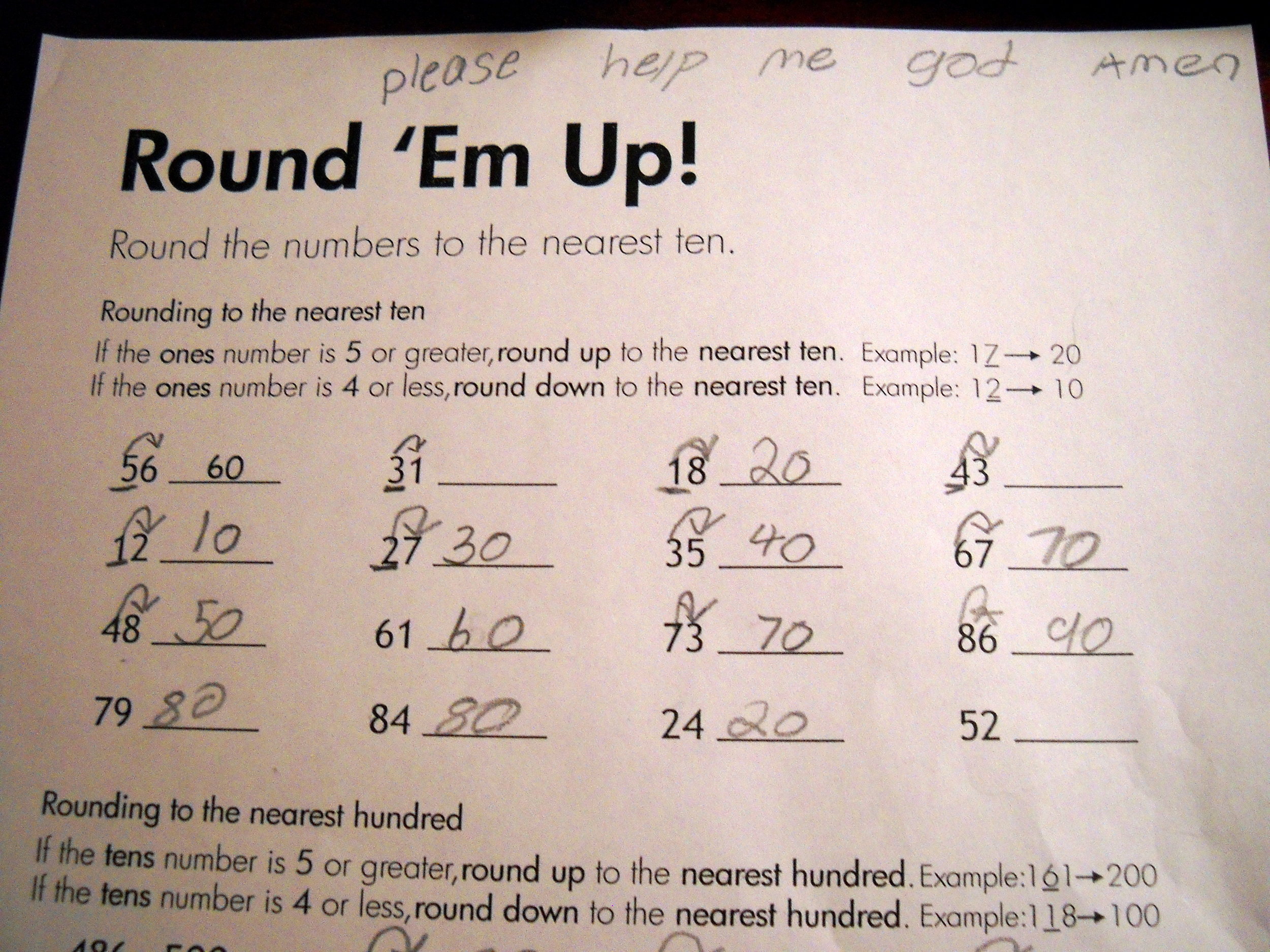PARCC: The Elevator Speech
This morning, I was greeted by more "alleged news" (thanks Jack Cole for THAT gem) purporting that "Educators Urge State Board to Adopt PARCC Exam". Despite the fact that this news is sourced in the Statehouse News Service and, therefore, just a press release unworthy of front page space, I call baloney. Here is why: 
- PARCC is not proven to measure college and career readiness any better than the current MCAS test. Now I could go off on a tangent about the merits of any single, high-stakes test in predicting future success for students, but I'll stick to the fact that in this era, testing rules. If the new assessment doesn't do what it is touted to do, why bother to change?
- PARCC is expensive. PARCC is administered electronically. That means network and hardware expenses above and beyond what cash-strapped schools already have in place. So, instead of hiring staff or purchasing materials to support programs, a school district is supposed to buy technology upgrades for the purpose of testing. In addition, the time needed to administer PARCC is "expensive" in that instead of learning something, anything, kids are busy with an assessment of dubious value.
- PARCC puts many urban districts at a disadvantage. I taught in a school with a 90%+ poverty level. My kids were not regularly exposed to technology unless they were accessing it in school. The PARCC samples I've seen require a high-degree of manipulation between reading a question, computation and/or side work, and moving items around a screen to create an answer. So for kids like my former students, PARCC becomes more a test of technology skill.
- PARCC is owned by Pearson. Pearson - the giant conglomeration owning lots and lots of curriculum resources and now they own the PARCC test. Pearson also dabbles in teacher effectiveness, which (I'm sure you'll be shocked to learn) is tied to the assessments (those assessments are very ones Pearson also owns). In the old days, the US government would call this a monopoly. Now it's simply sweet one-stop shopping. What could possibly go wrong there?
Why in the world does Massachusetts continue to entertain alignment to PARCC? I have no idea.
